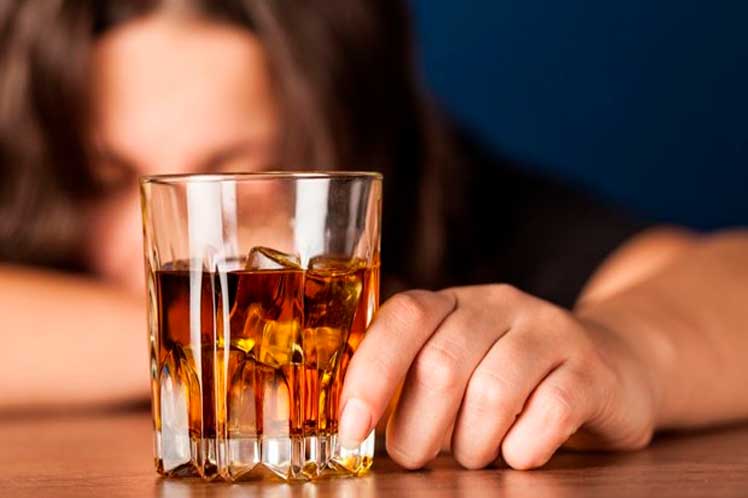According to the Annals of Internal Medicine magazine, these findings are broadly relevant given that alcohol is the world´s most commonly consumed drug.
These data suggest that the likelihood a given atrial fibrillation event will happen is not due to chance alone but is influenced by modifiable factors that the patient can control.
At 4 weeks, the researchers compared the number of episodes of atrial fibrillation and whether or not the episodes were preceded by alcohol use. They found that of the 56 participants who had an episode of atrial fibrillation, it was about twice as likely that they had had alcohol in the 4 hours before the episode.
The association was slightly more with more drinks and with a 6-hour time frame, but it decreased with longer time frames.
Atrial fibrillation (AF) is the most common heart arrhythmia seen clinically, but until now research has largely focused on risk factors for developing the disease and therapies to treat it, rather than factors that determine when and where an episode might occur. AF can lead to loss of quality of life, significant health care costs, stroke, and death.
pgh/Pll/msm / joe










